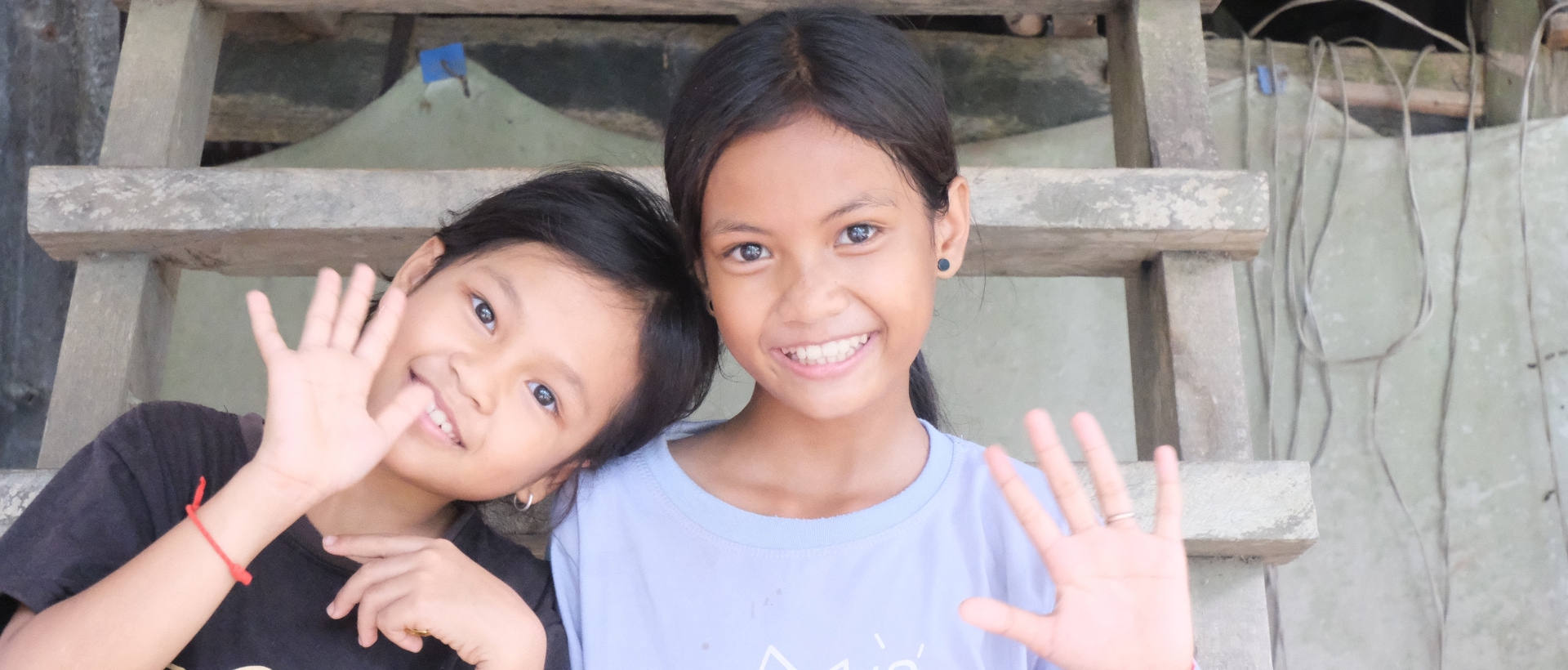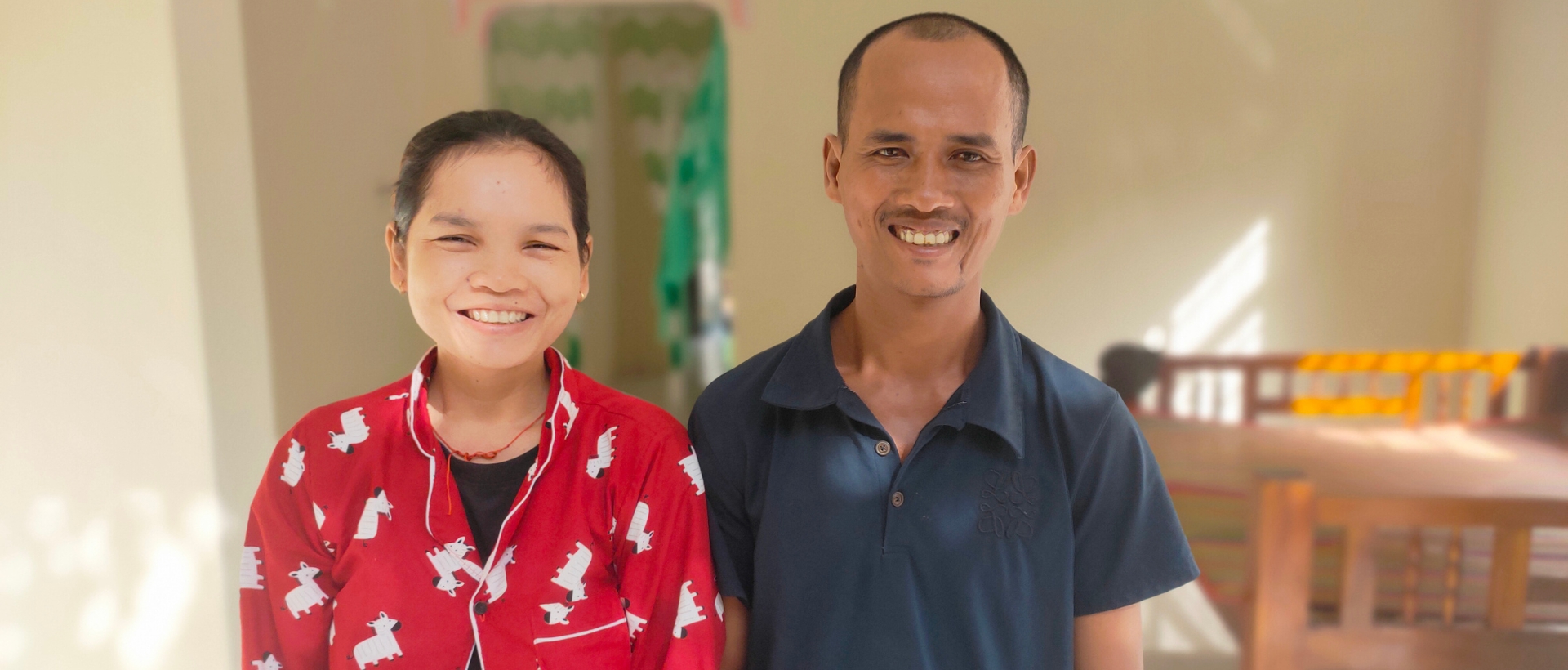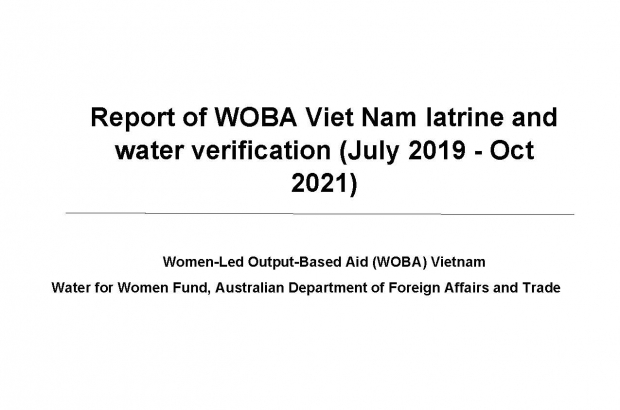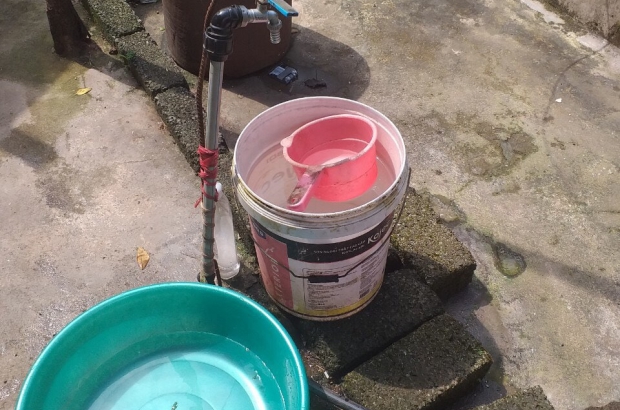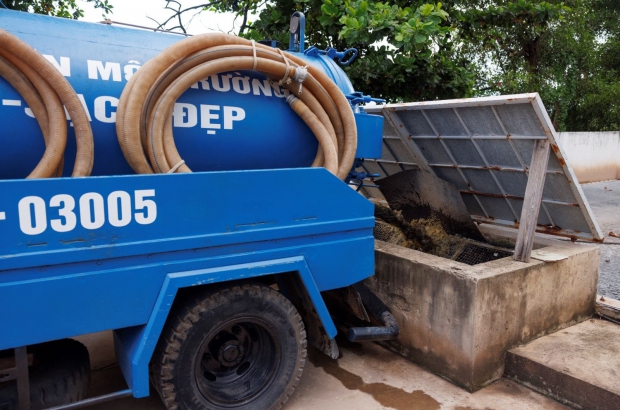We Help Millions of People
We empower underserved communities with access to essential services, including clean water, improved sanitation, and climate-resilient WASH solutions.
-
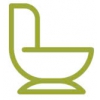 1.3MPeople with improved sanitation
1.3MPeople with improved sanitation -
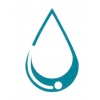 1.6MPeople supported with clean water
1.6MPeople supported with clean water -
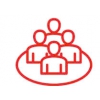 7.4MPeople impacted since 1988
7.4MPeople impacted since 1988
What We Do
Our priority programs are Water, Sanitation and Hygiene (WASH), Healthy Cities, and Resilient Communities
-
Climate Resilient WASH
Through our WASH program, we work in partnership with government institutions, women’s and citizens’ groups, grassroots organizations, and researchers to bring water, sanitation, hygiene services and solutions to underserved communities.
-
Gender & Inclusive Women Empowerment
Two short films "Dignity" & "A Very Hard Sale" depicting the stories of women in Mekong Delta as they strive to ensure that vulnerable households in their communities get access to clean water, hygiene, and sanitation.
-
Resilient Communities
Since 1988, East Meets West has been supporting the needs of rural and peri-urban communities in Vietnam and continues to support projects to build resilient communities, one family at a time, because we know small-scale programs can be incubators for larger impact programs of the future.
Where We Work
-
We have been working in Cambodia since 2009 implementing water, sanitation, and hygiene (WASH) programs.See on Map
-
Since 2014, our office in Vientiane has been dedicated to delivering water, sanitation, and hygiene (WASH).See on Map
-
Established in 1988, our offices in Hanoi and Danang deliver Climate Resilient WASH, Gender & Inclusive Women Empowerment, and Resilient Communities programs, and is where we incubate new programs.See on Map
In Our News
-
01AprReport of WOBA Viet Nam latrine and water verification (July 2019 - Oct 2021)This report presents the results of verification of latrines and water connections completed in the WOBA Vietnam project as of 30 October 2021: EMW and CDC completed 7,871 verifications for HH’s newly built latrines; EMW and PCERWASS completed 3,437 verifications for HHs’ piped water connections; WUs in Nghe An, Ha Tinh and Ben Tre completed 156 customer satisfaction surveys (CSS) of HHs after they had been using piped water service for 3 to 6 months.Read more
-
01JanReport of the endline evaluation of Women-Led Output-Based Aid (WOBA) VietnamThe purpose of the Endline Evaluation is to assess the WOBA project using the OECD Development Assistance Committee (DAC) evaluation criteria including Relevance – Effectiveness – Efficiency – Impact - Sustainability. The theory of change defined for WOBA Vietnam has been used to define evaluation priority areas of inquiry which in turn links to the key evaluation questions. The priority areas of this Endline Evaluation are: 1. WASH services implemented using OBA focusing on the water component 2. Gender equality and social inclusion approach and outcomes 3. Fecal sludge management pilot 4. Climate resilient water safety plan pilot.Read more
-
01JanFinancial health of private sector sanitation businesses in rural Vietnam. Learning note.This paper presents and discusses the results of a survey with Vietnamese private sector sanitation suppliers about their businesses’ financial risks and viability, and their desire to provide services to the poor and vulnerable households in rural Vietnam.Read more

